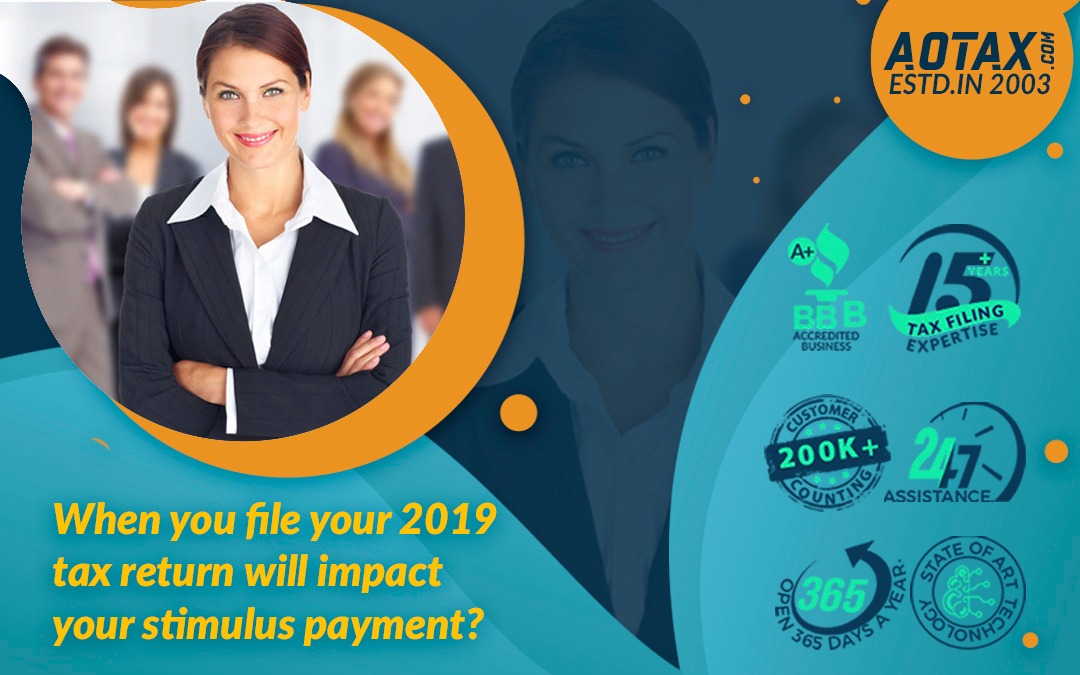
When you file your 2019 tax return will impact your stimulus payment?
Calculate your Stimulus Eligibility
When you file your 2019 tax return will impact your stimulus payment?
File your 2019 tax return will impact your stimulus payment, The pandemic COVID-19 continues to have a huge impact on the citizens of the USA. The Federal Government has been taking several steps to alleviate the burden that the common people might be facing due to this dreadful disease. One major step taken by the US Government to help out the common people in easing tax-related stress is by the passing of a $2 trillion stimulus bill. This bill includes a provision by which several citizens of the country would receive stimulus cheque from the Federal Government.
Eligibility for obtaining stimulus cheque
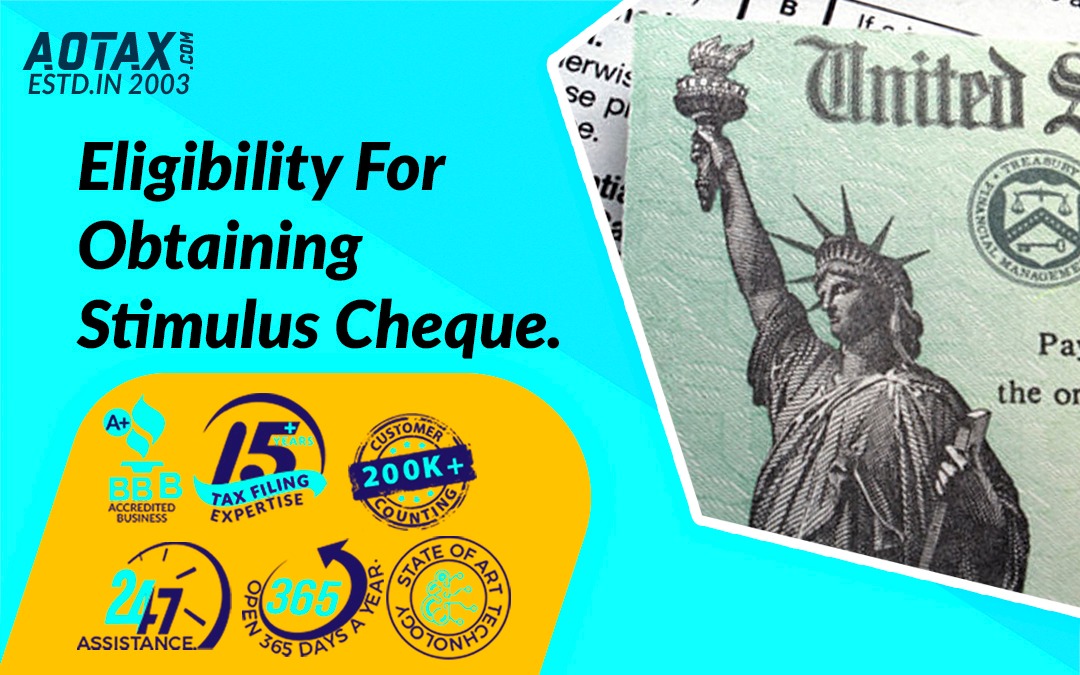
You can qualify to obtain the stimulus cheque from the Federal Government if the below-mentioned conditions are met.
- If you are a US resident who is single and have an adjusted gross income which is less than $99,000.
- If you file your tax returns as the head of the household and earn an amount below $136,500.
- If you are filing your tax return jointly without any children and would earn an amount less than $198,000.
How to obtain the stimulus cheque
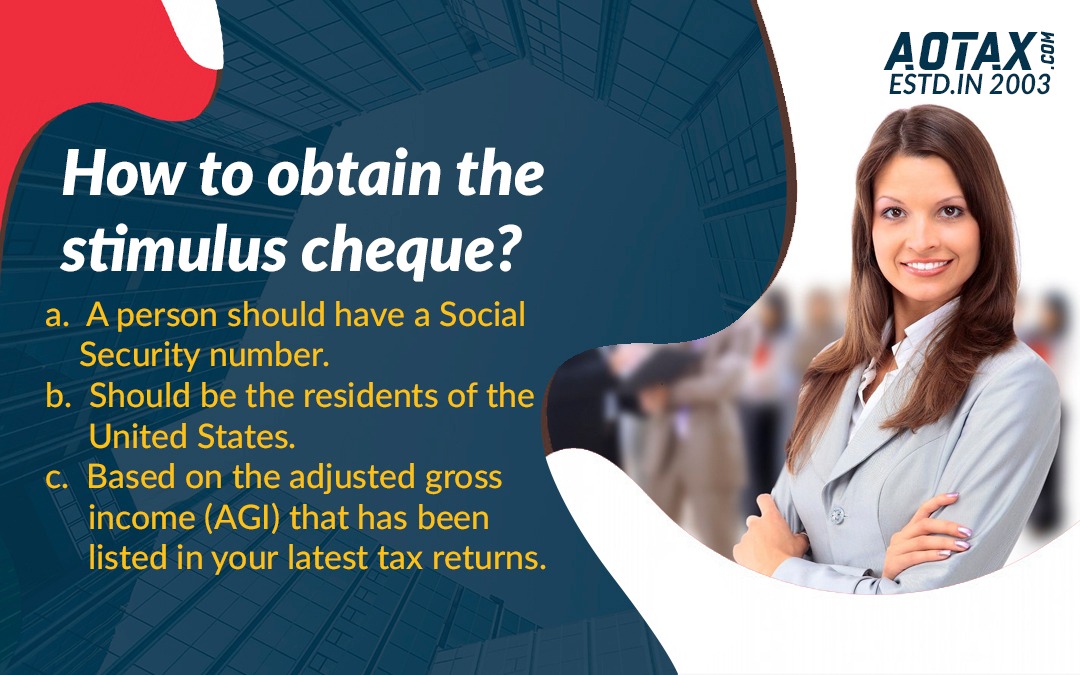
For obtaining a stimulus cheque, a person should have a Social Security number and should be the residents of the United States. The amount you can receive as a stimulus cheque is based on the adjusted gross income (AGI) that has been listed in your latest tax returns.
The IRS would be using the direct deposit information that you have provided during filing your last tax returns. In case your bank details have not been mentioned while filing the last return, the IRS would send the cheque to the recent address it has. It is also advisable to notify the IRS if you have shifted your house recently.
Factors affecting the stimulus payment
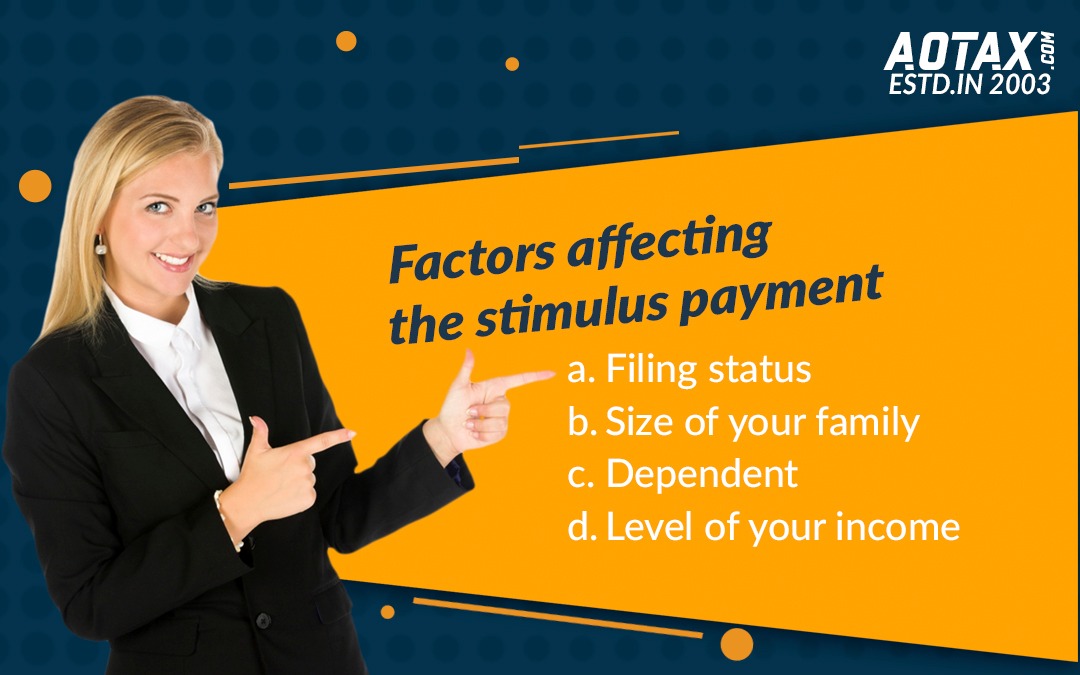
There are some major factors which can affect your stimulus payment such as
Filing status-If you are single you can receive $1200 as your stimulus payment, but for a married couple who are filing the income tax returns jointly the stimulus payment is $2400.
Size of your family-The stimulus payment also depends on the size of your family and for every child of yours who is below the age of 17 years; the stimulus payment is an additional $500.
Dependent-In case if you are claimed as a dependent on the tax returns of someone else then they would not be receiving any stimulus payment.
Level of your income-If you have a high income, the stimulus payment depends on the level of your income. For a married couple filing returns jointly, the stimulus payment starts reducing if the AGI exceeds $150000 and the same thing can occur for taxpayers who are single and their income exceeds $75000.
However, there is another factor is important in determining the stimulus payment and that is whether the tax returns for the year 2019 have been filed or not.
When are you filing your 2019 tax return?
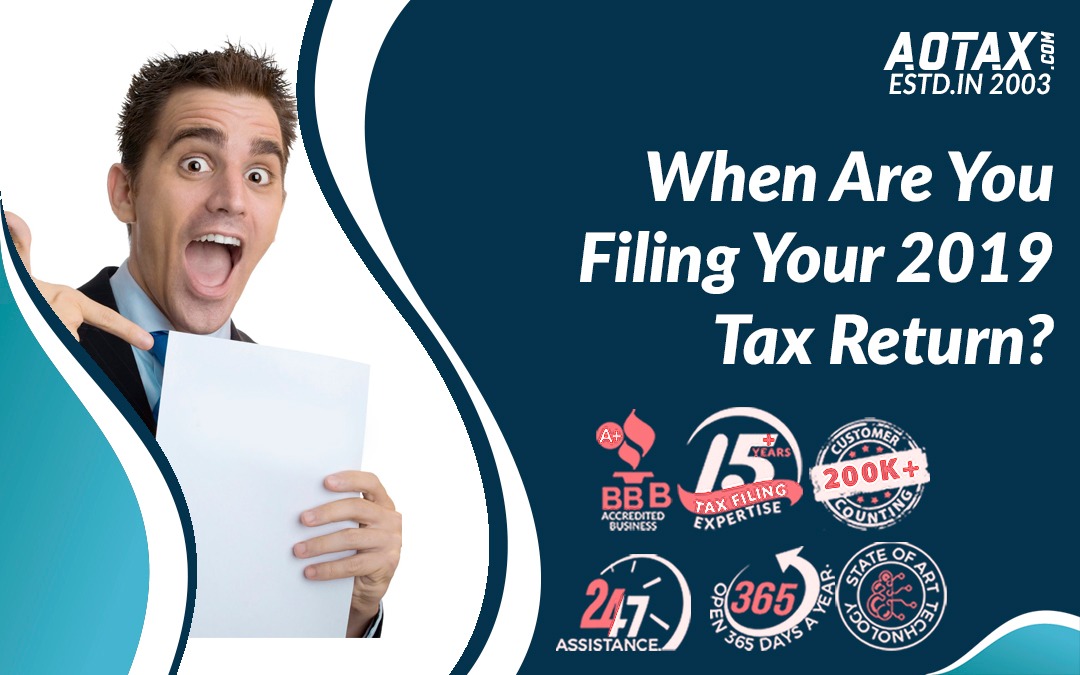
Firstly, the IRS would always check out for tax returns related information for the year 2019 for making the stimulus payment. If there is no information available for the year 2019, the IRS would use the information for the year 2018.
In case, you have a Social Security Number but do not need to file the tax return then your stimulus payment would be done based on the information present in Form 1099-SSA.
This can be utilized as an opportunity by several taxpayers and if you have not filed or prepared your tax returns of 2019, then he can take into consideration the variables like Adjusted Gross Income, family size, etc. to determine higher stimulus payment to occur in which the year 2018 or 2019.
If, you feel that the payment was better in 2018 than you would hold on to that information or else if the returns of 2019 tend to yield more results then you should file your returns immediately.
Moreover, you must also consider any refund which you might obtain from the 2019 tax returns. It is quite obvious that you will have to make a decision i.e. either a large refund now and a smaller stimulus or larger stimulus immediately and the same refund after some months.
Stimulus payment can be said as an advanced payment which you would make against the actual credit that will be computed on the tax returns of 2020.
- In case your advance payment done is less than what you would owe while computing the tax returns of 2020, then the excess would be obtained as a credit on the tax returns.
- However, if advance payment is greater than what you owe while filing 2020 returns then there is no procedure to repay the excess amount or in recognition of the excess amount as income.
Conclusion
Hence, your stimulus payments are highly determined by when you are filing your tax returns. If you have not filed your tax returns for 2019 yet then you must consider if the tax return filing would either increase your stimulus payment or decrease it and then pursue your actions accordingly.
References
https://finance.yahoo.com/news/bigger-stimulus-check-waiting-file-123220996.html
https://www.cnbc.com/2020/03/26/coronavirus-stimulus-checks-heres-everything-you-need-to-know.html


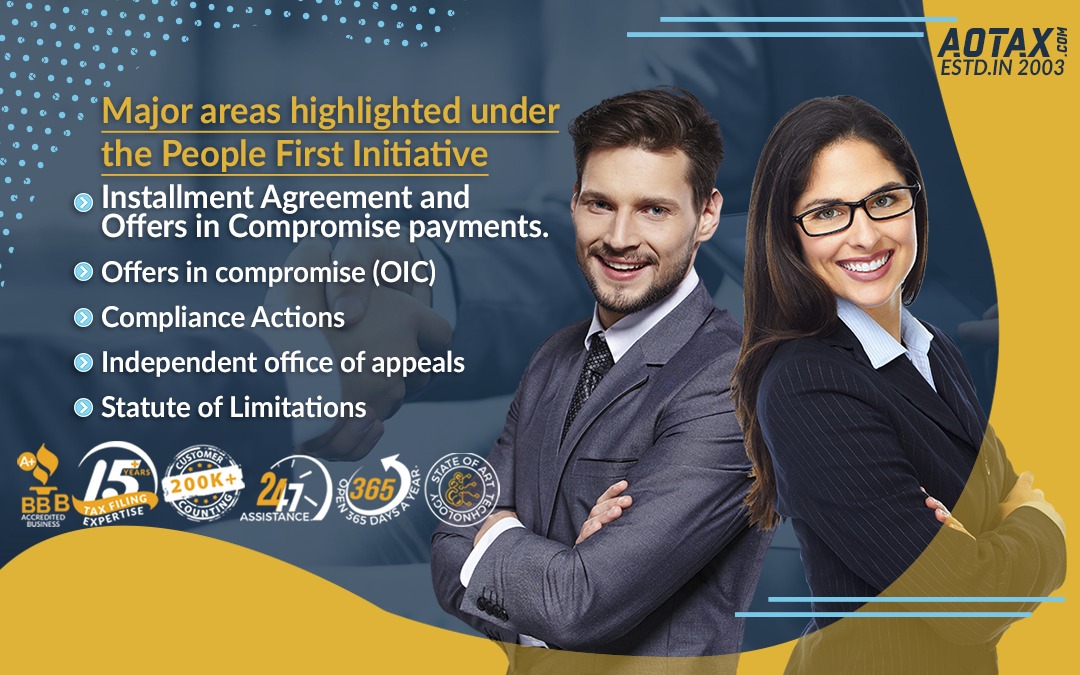
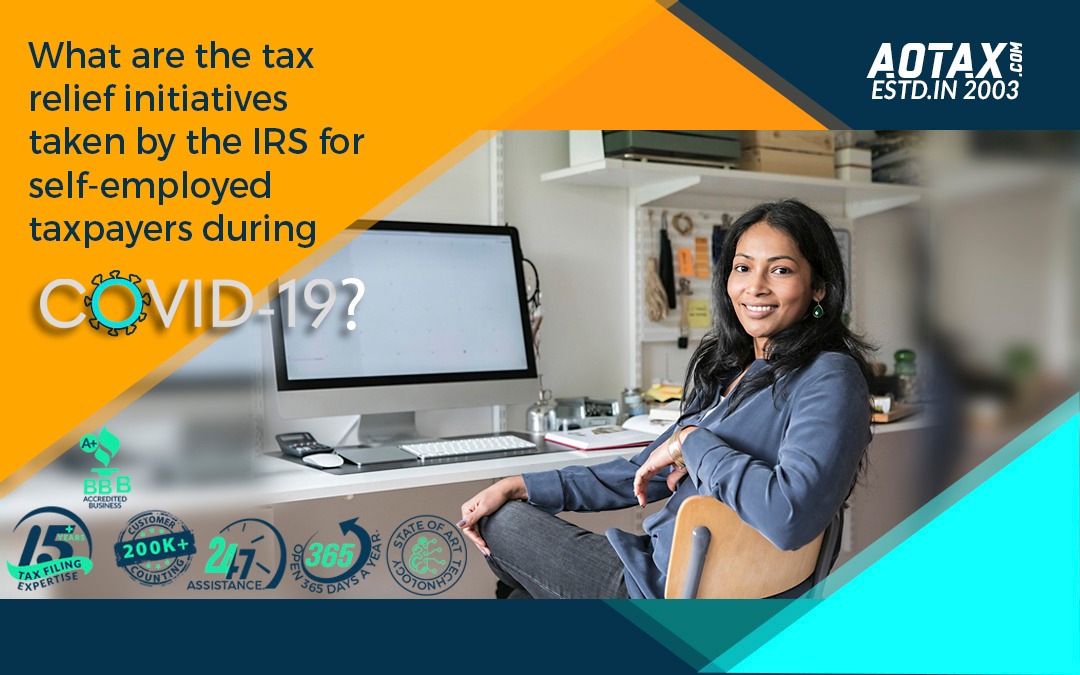
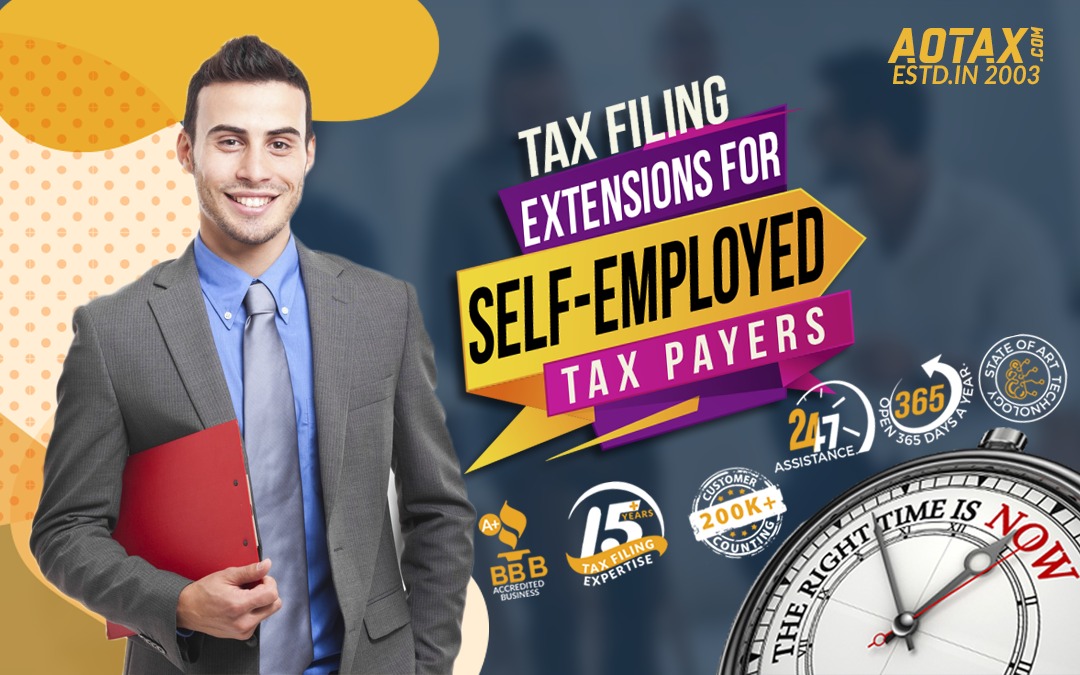
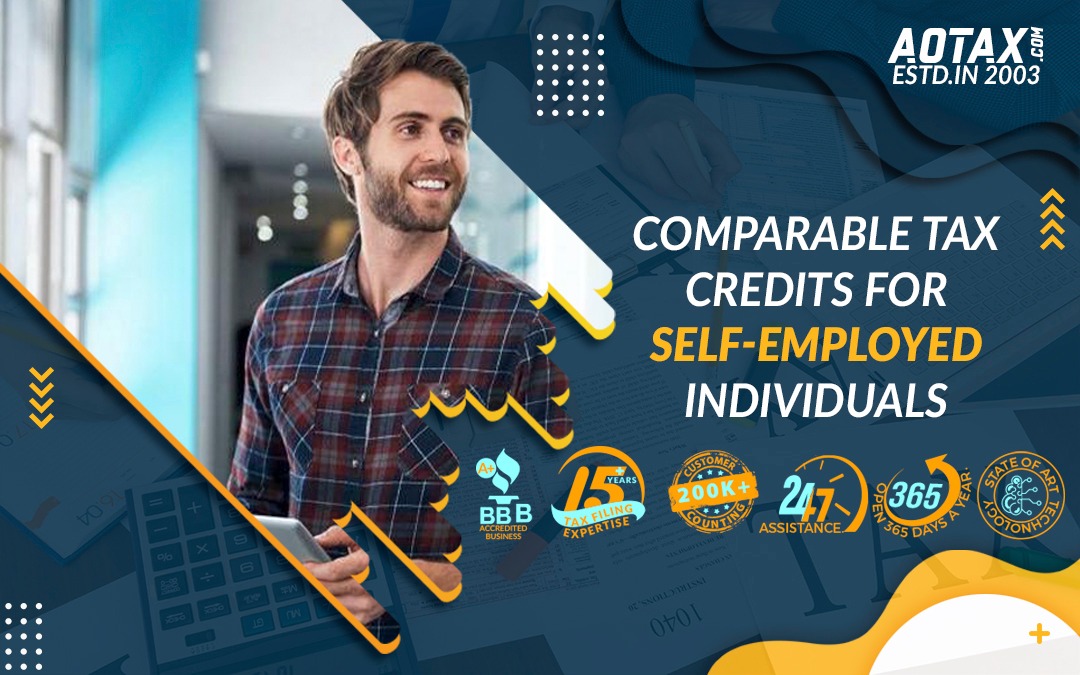

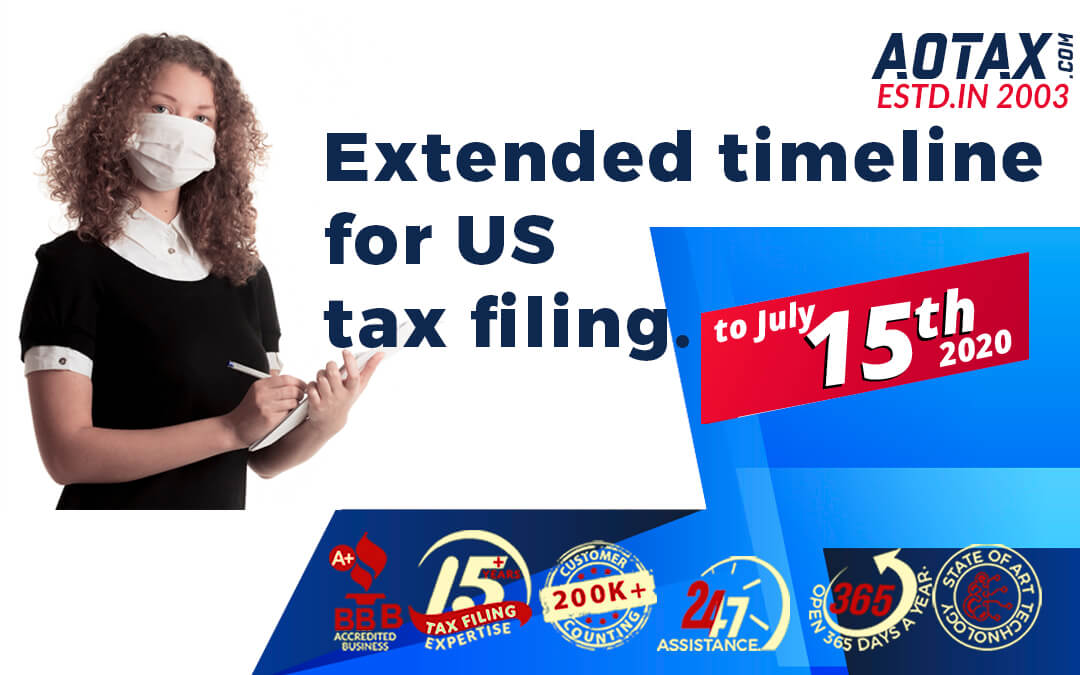
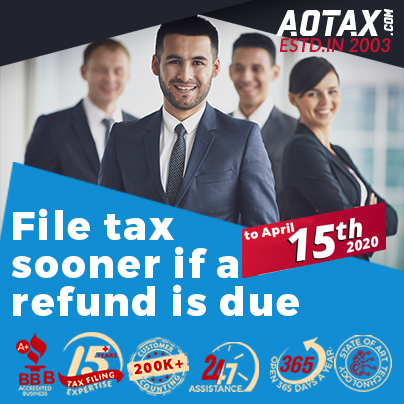
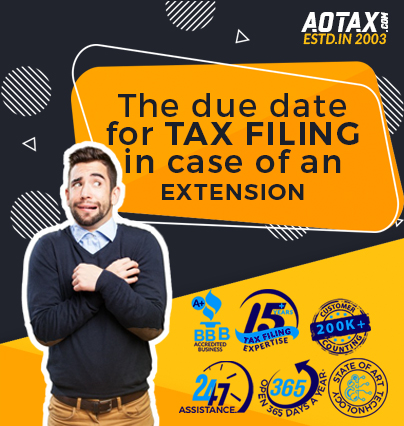
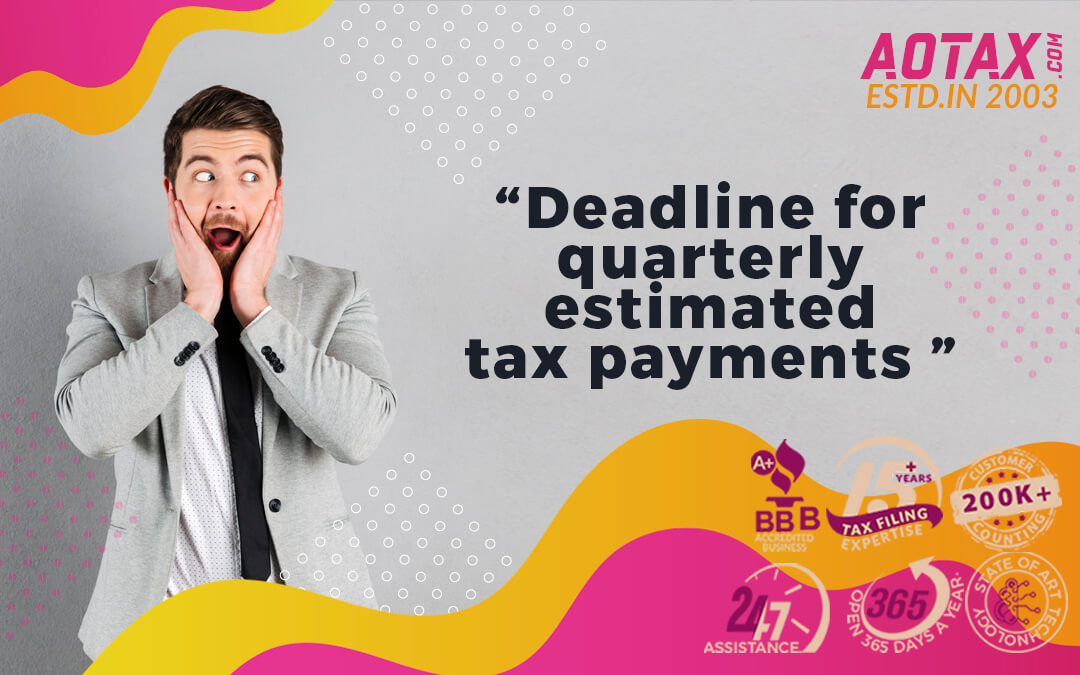
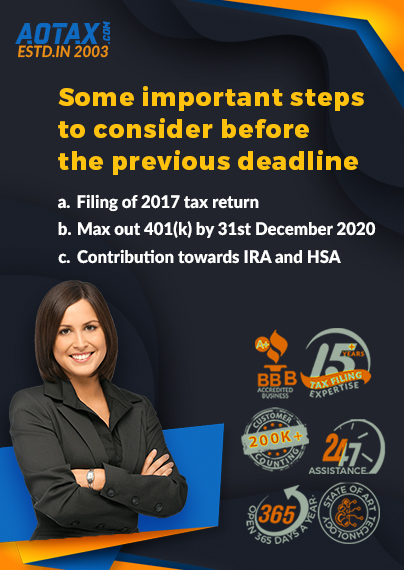


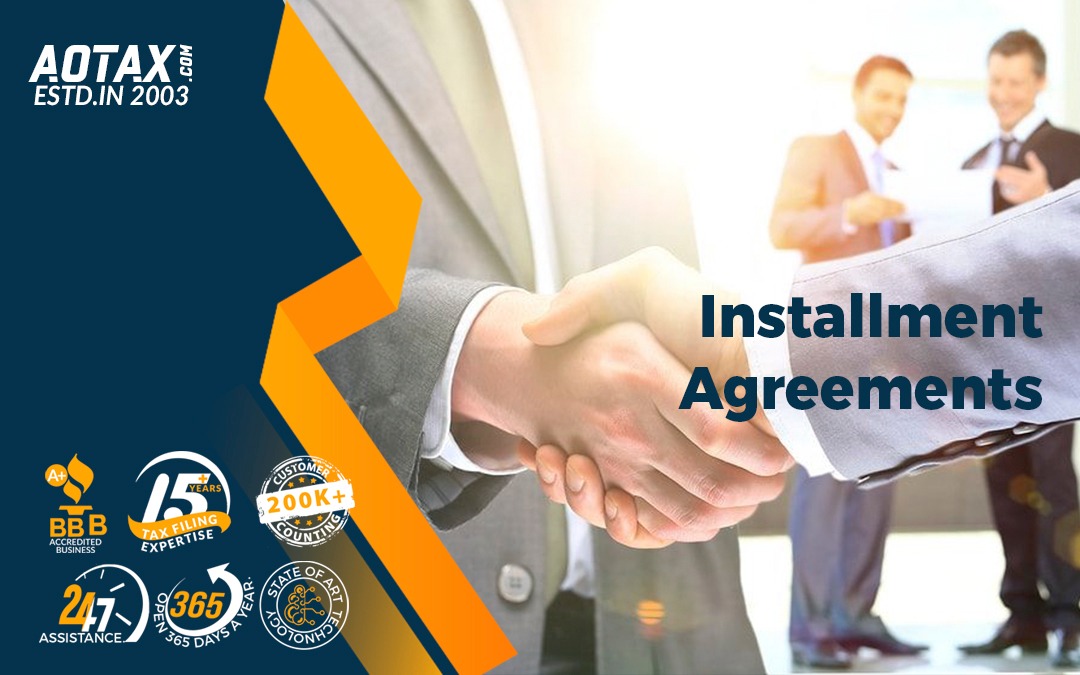

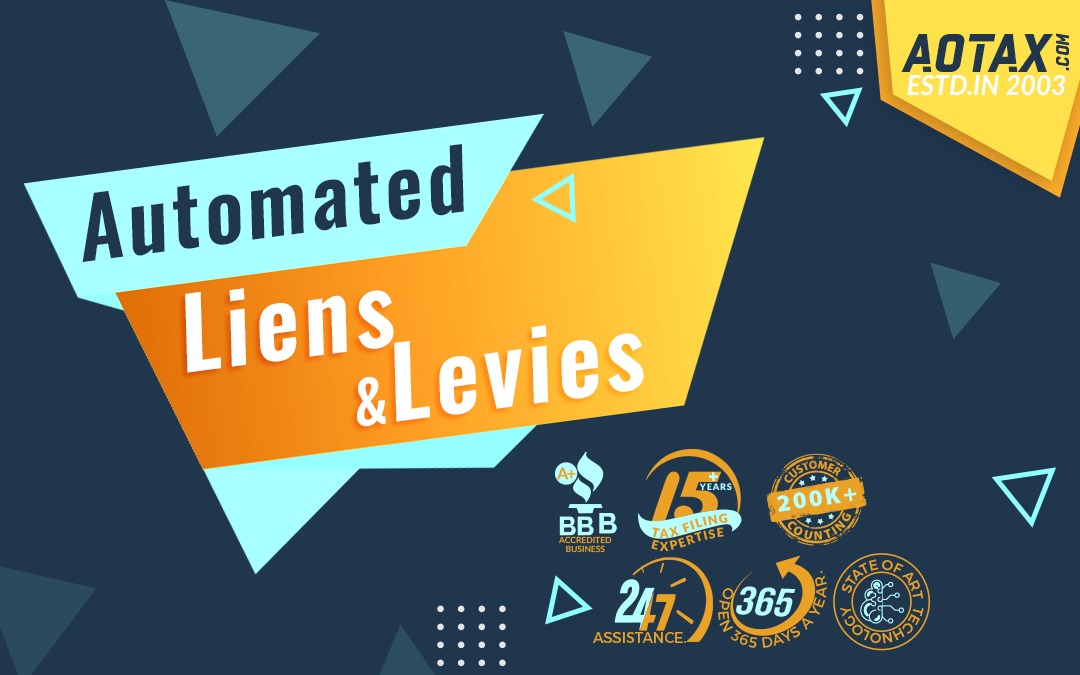

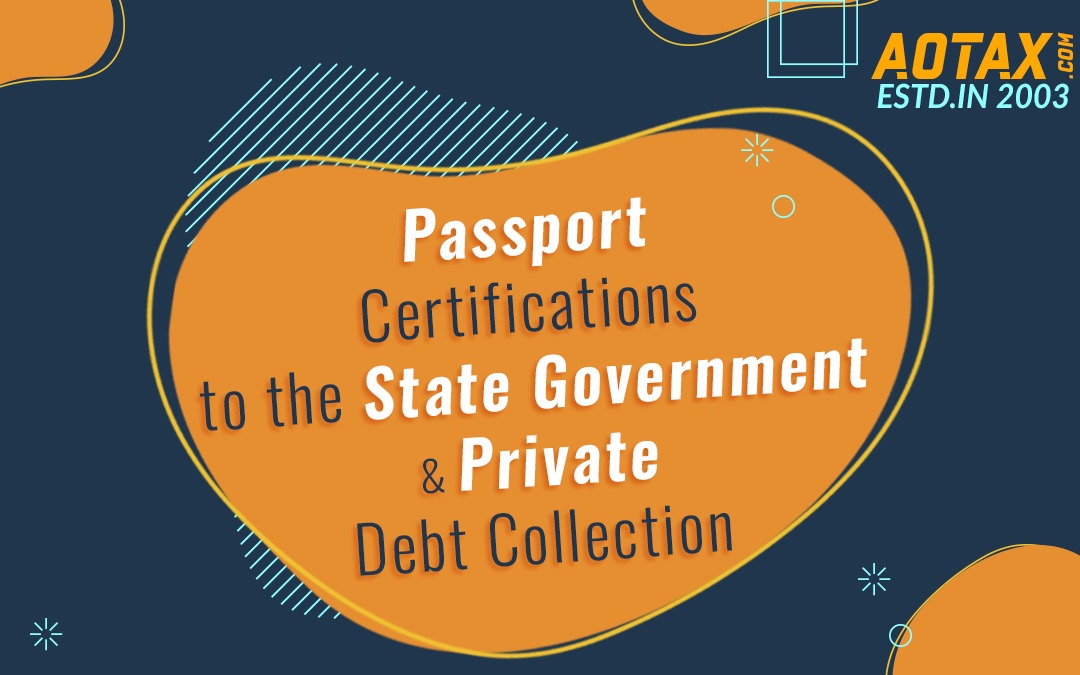
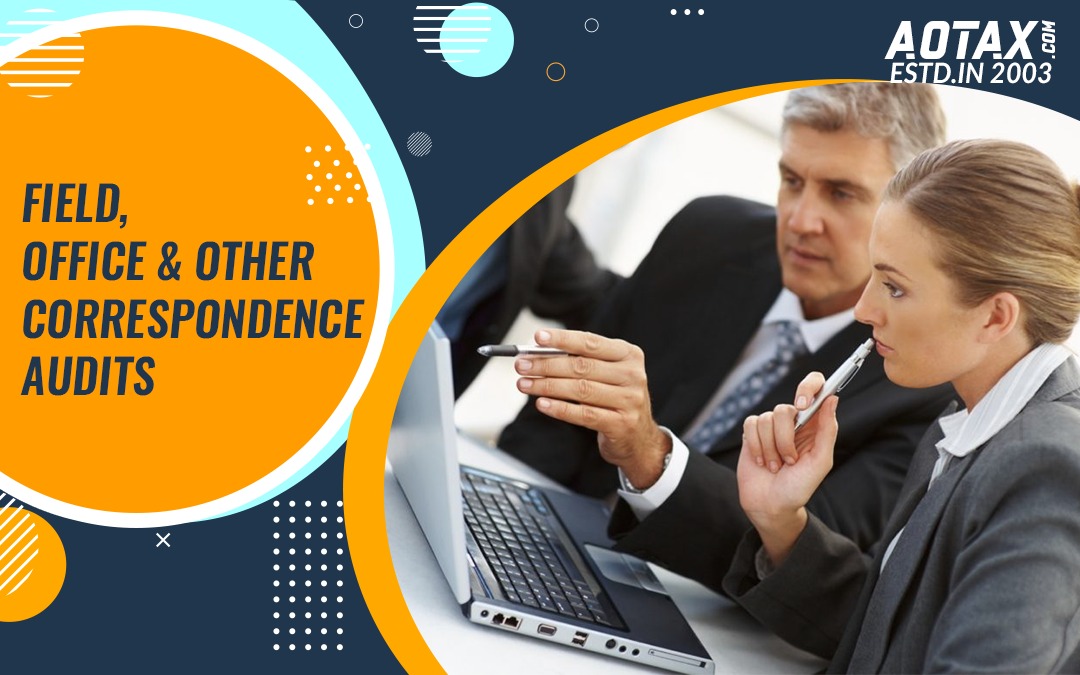

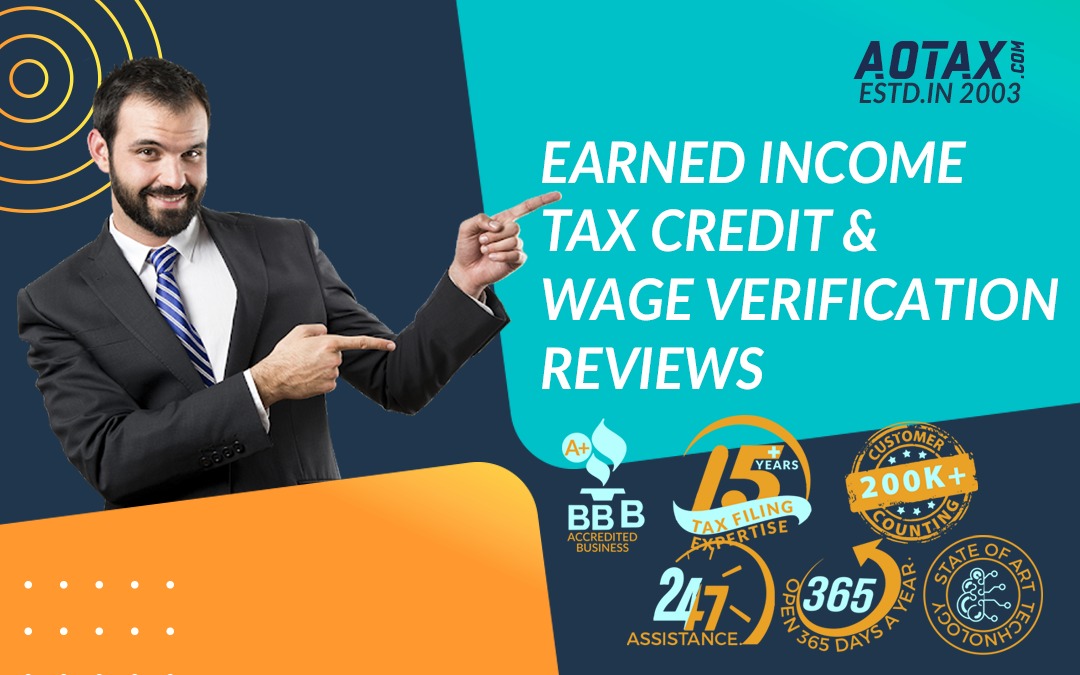

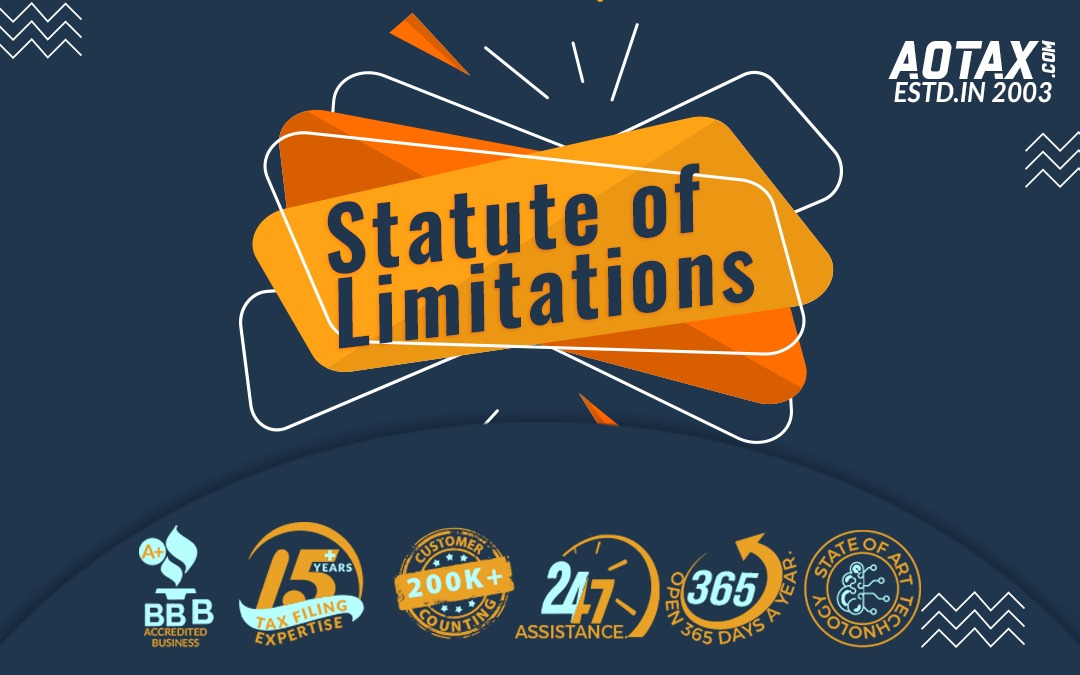
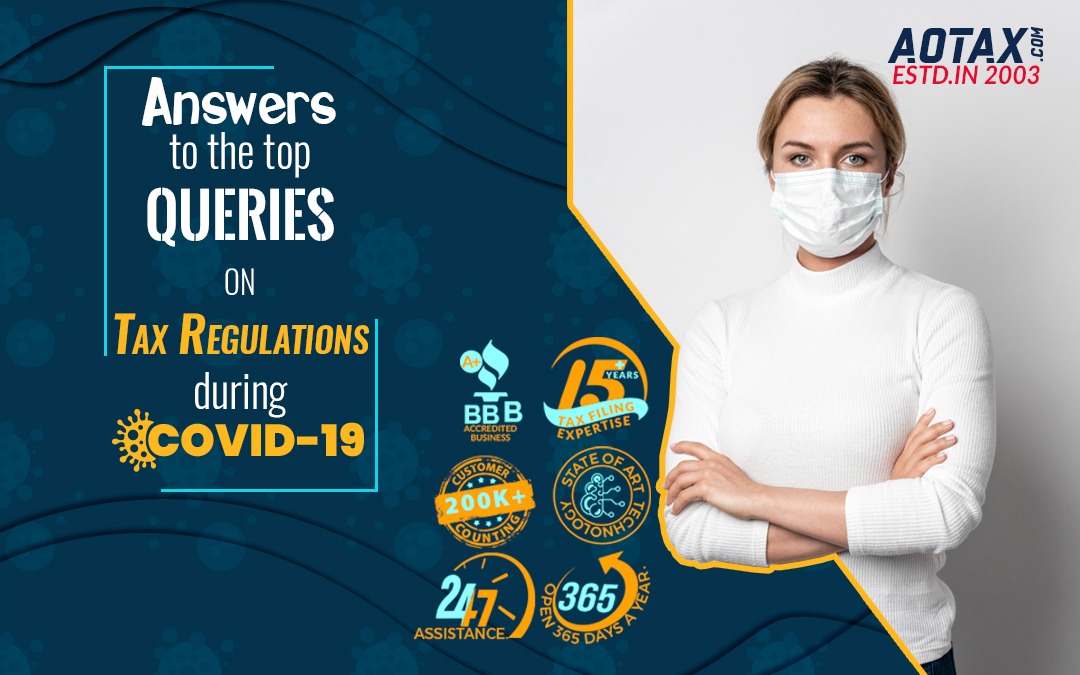
Recent Comments